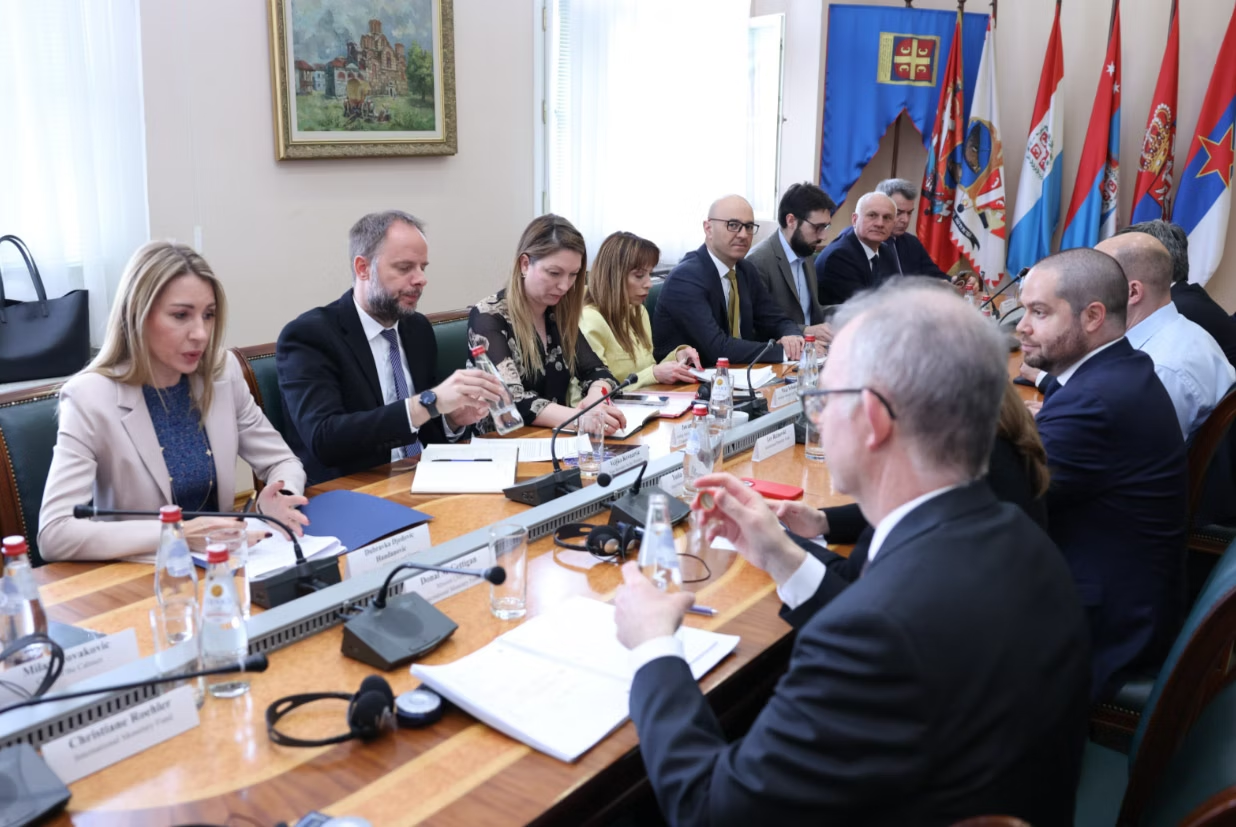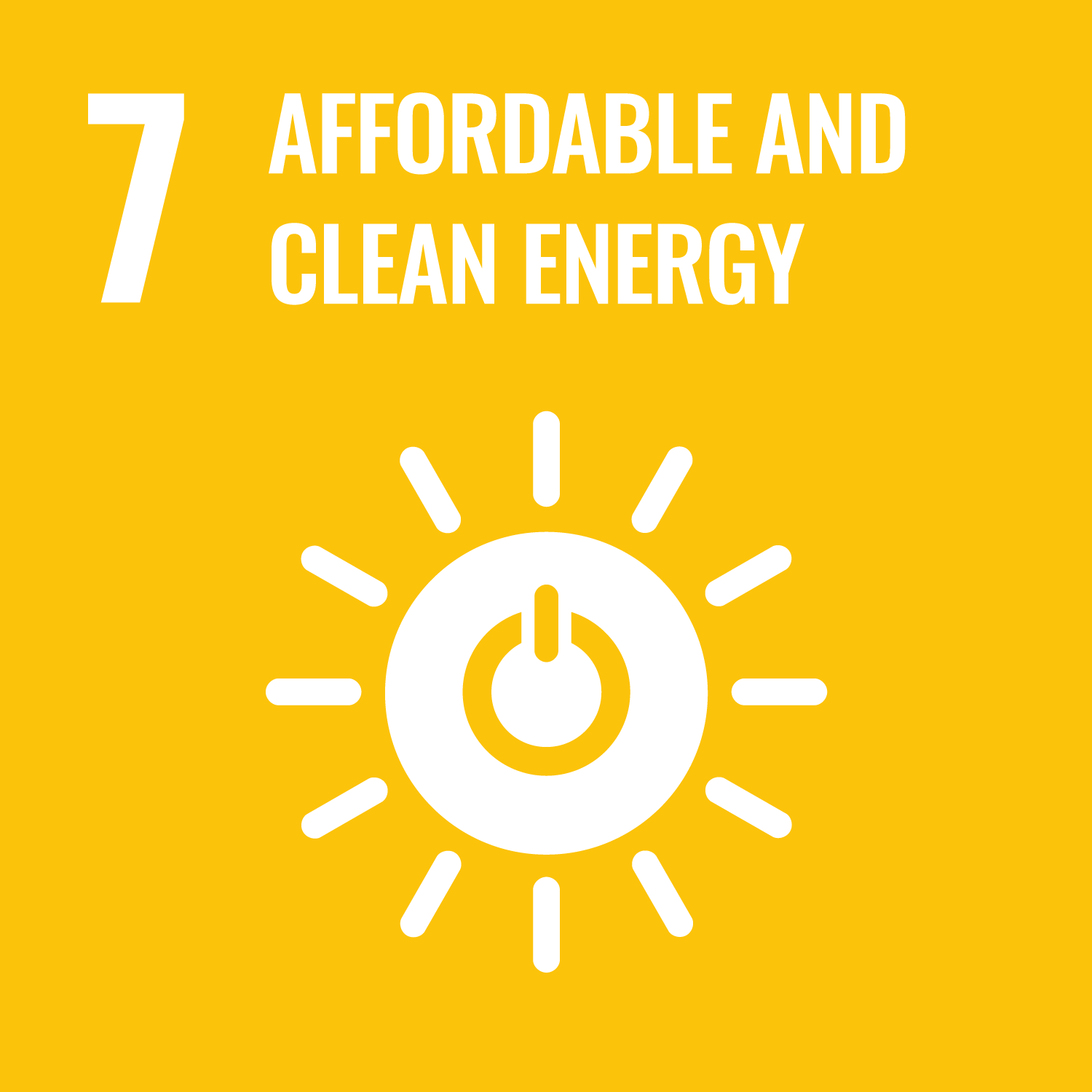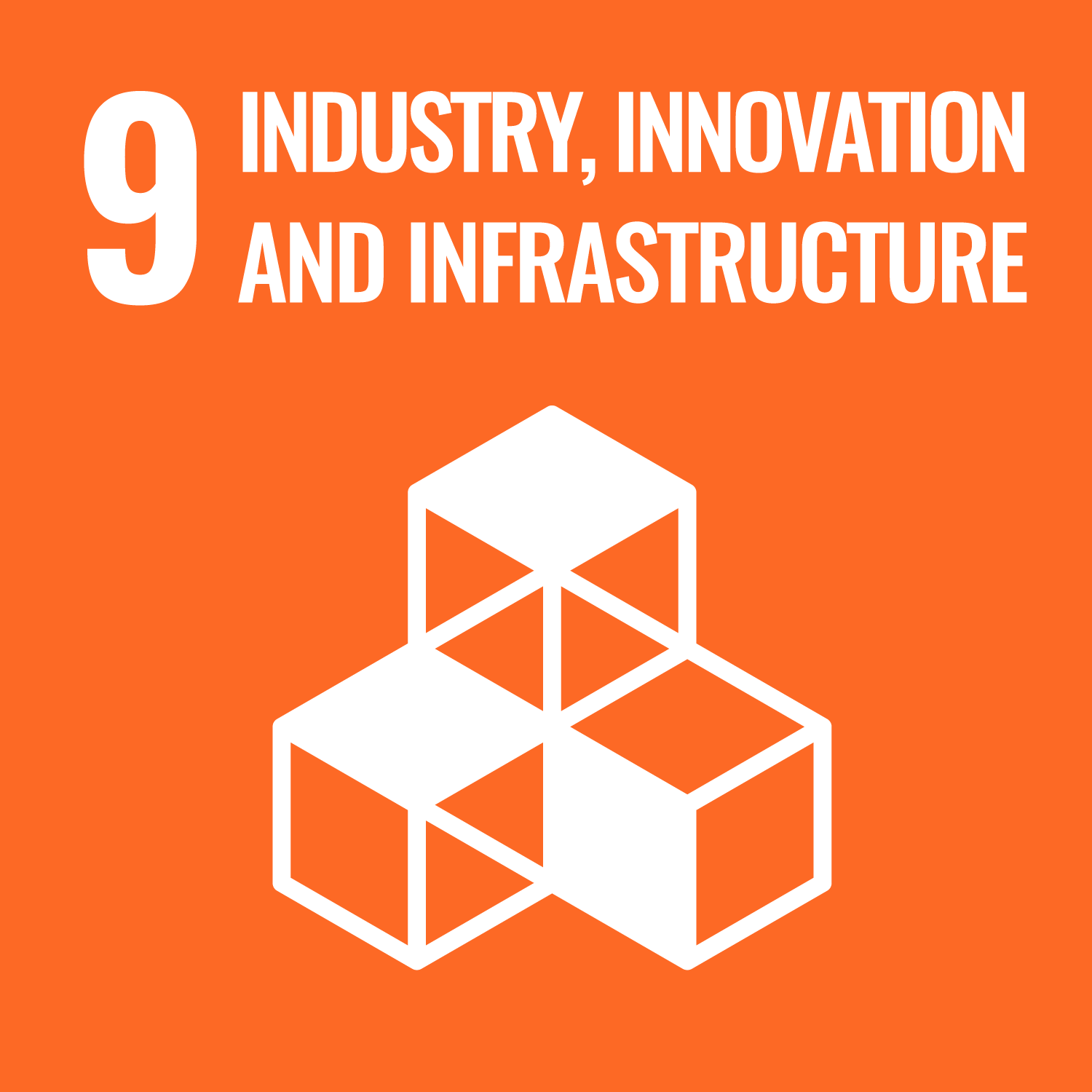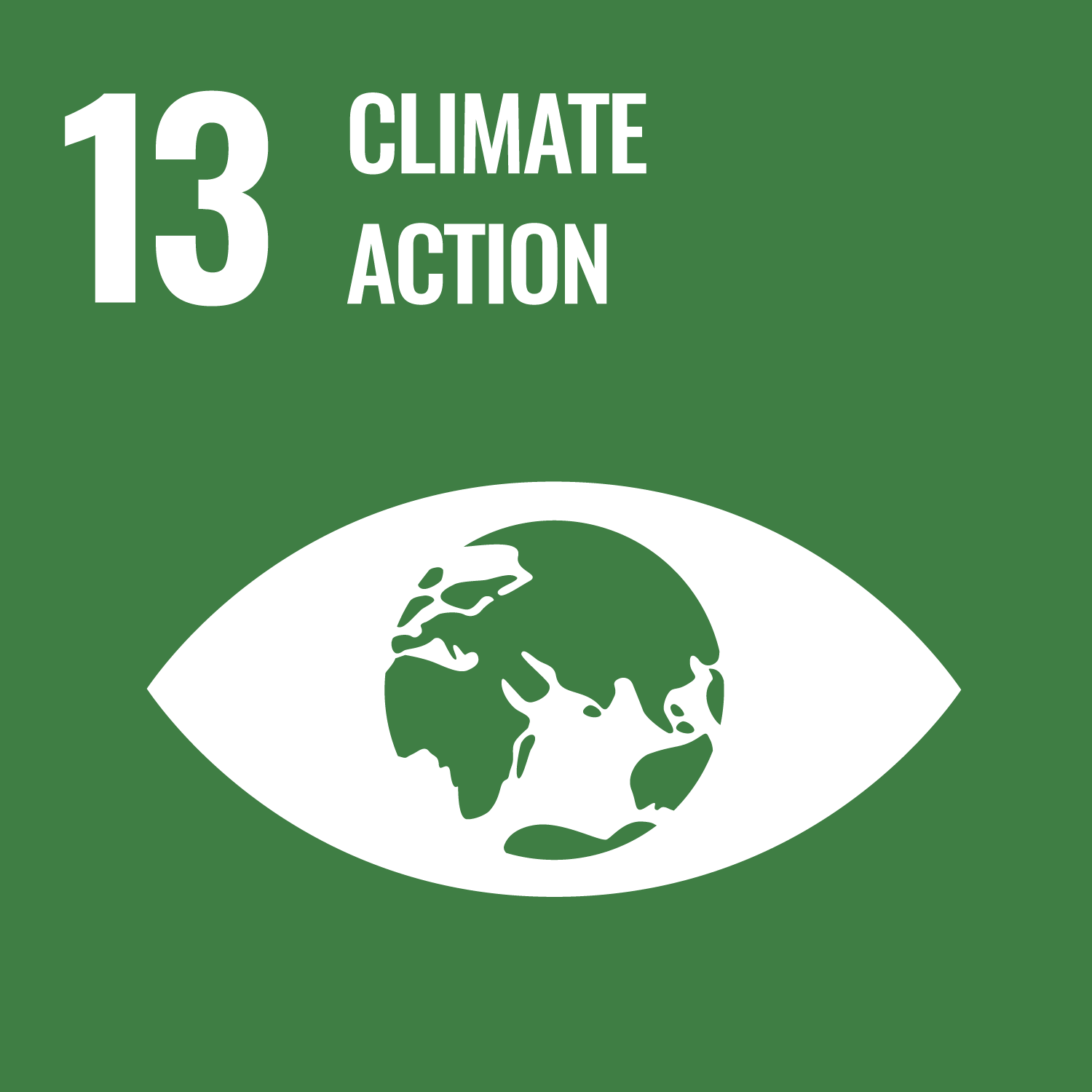Technical Support Assignment
>
Serbia
Context and goal
Serbia is navigating a critical phase of energy sector reform as it strives to align with the EU acquis under Chapter 15 – a cornerstone of its EU accession process. Progress has been evident with initiatives like drafting the National Energy and Climate Plan (NECP), enacting gas unbundling laws and advancing strategic projects such as the Serbia-Bulgaria gas interconnector. However, key challenges persist, including the completion of NECP, the unbundling and certification of the gas system and achieving compliance with EU standards for energy efficiency and market integration.
These efforts are guided by Serbia’s dual goal of diversifying energy sources and transitioning towards renewable energy and enhanced efficiency – all while maintaining energy security and working towards a decarbonized energy future by 2050. In this context, the assignment is supporting the Ministry of Mining and Energy (MoME) of Serbia in managing the complex energy sector transition. The assignment aims to position Serbia on a sustainable energy path, integrating EU standards, while fostering energy security, financial stability and long-term environmental responsibility.
UNOPS is guiding the operational and legal transformation of Serbia’s national energy company (EPS) and enhancing MoME’s capacity to implement reforms essential for EU integration. Key objectives include aligning Serbia’s energy sector with EU standards, modernizing infrastructure, unbundling energy utilities, coordinating donor activities, refining investment plans and preparing a comprehensive EPS reform plan to present to the IMF.
Actions
The K4R programme provided support on the transformation of Elektroprivreda Srbije (EPS) into a joint stock company, aligning Serbia’s energy market with the EU legal framework and supporting critical legal and policy developments such as the Energy Sector Development Strategy, the Integrated National Energy and Climate Plan (INECP) and the Just Transition Action Plan. Deliverables included technical inputs to improve energy reporting, support in preparing EPS’s 3-year Business Plan, the introduction of green budgeting methodologies and assistance in preparing reform indicators for the EU Growth Plan. In addition, the expert provided strategic guidance for capital investment projects, supported the unbundling of EPS and EDS and coordinated the development of a roadmap for Serbia’s energy sector transformation to be submitted to the IMF. The expert also delivered comparative analyses, and prepared final recommendations to align Serbia’s energy policy with international standards.
Results
The expert’s work has significantly advanced Serbia’s energy reform agenda, contributing to major policy milestones such as the government adoption of the INECP in July 2024 and the Energy Sector Development Strategy in November 2024. These efforts have enhanced strategic alignment with EU energy and climate frameworks, improved investment planning, and strengthened institutional capacities. The unbundling of EPS and EDS, a critical requirement under EU Directive 2019/944, was completed, and the first instance of green budgeting was incorporated into Serbia’s 2025 Budget Bill, promoting transparency and climate accountability in public spending. Strategic documents and action plans developed with expert support laid the groundwork for long-term sustainability, including measures for just transition and renewable energy expansion.
Quotes
“The UNOPS TSA program has been an invaluable experience for me, enabling me to implement sustainable and effective solutions in my projects. I have significantly improved my operational efficiency as a result of UNOPS’s commitment to transparency and accountability. The collaboration with UNOPS has fostered a culture of continuous improvement, where lessons learned are actively applied to refine processes and enhance outcomes.”
Partnerships Advisor for transformation and modernization of the Public Enterprise Electric Power Industry of Serbia (PE EPS), UNOPS K4R Programme
SDGs contribution
The assignment contributes to SDG 7: Affordable and Clean Energy by advancing Serbia’s energy reforms to provide affordable, reliable and sustainable energy through modernized infrastructure and renewable energy integration and ny reducing fossil fuel reliance and enhancing energy efficiency.
The assignment further supports SDG 9: Industry, Innovation and Infrastructure through infrastructure upgrades – enabling modern, resilient energy systems and equipping institutions like the EPS and MoME to manage energy needs sustainably.
In alignment with SDG 13: Climate Action, the assignment advances Serbia’s Energy Development Strategy 2040–2050, focusing on decarbonizing the energy sector and addressing climate challenges.



